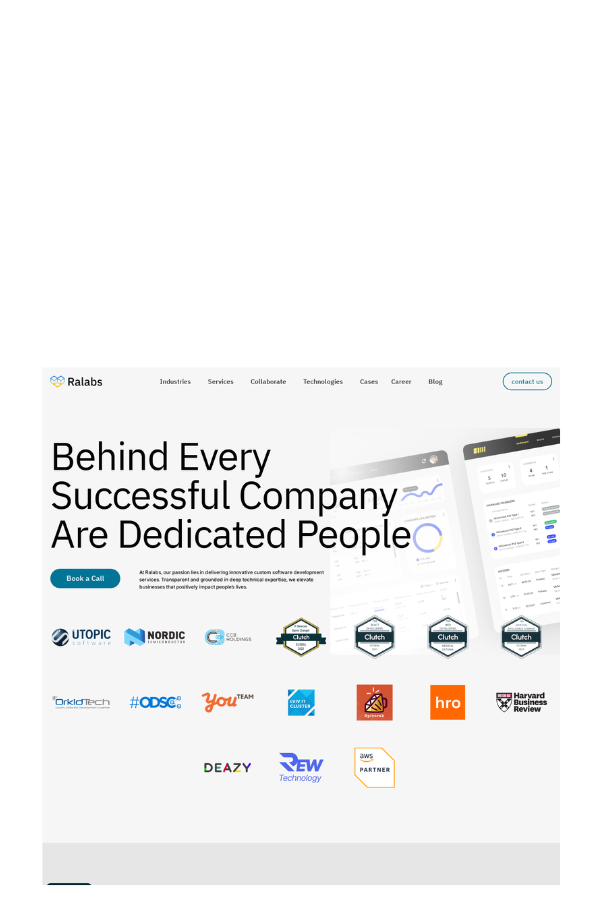Executive Summary
This business case outlines the strategic benefits of deploying a private generative AI solution for automating audit processes within the fintech industry. By leveraging advanced technologies, the organization can significantly reduce audit completion times, lower operational costs, and ensure compliance with stringent data security regulations, ultimately enhancing operational efficiency.
1. Introduction
In the fintech sector, efficient and secure audit processes are critical for maintaining compliance and operational integrity. The recent project focused on developing a proof of concept (PoC) for automating security audit questionnaires using private generative AI. The findings highlight the potential for substantial improvements in audit efficiency and cost savings.
2. Current Challenges
The organization currently faces several key challenges:
- Time-Consuming Audits: Security audits require significant senior management involvement, resulting in lengthy processes that divert resources.
- High Operational Costs: Maintaining extensive infrastructure for audits contributes to elevated operational expenses.
- Regulatory Compliance: Handling sensitive data in accordance with U.S. regulations, such as HIPAA, adds complexity and necessitates robust security measures.
- Scalability Concerns: As the business grows, the existing manual audit processes may become increasingly unsustainable.
3. Proposed AI Solutions
The implementation of a private generative AI solution offers a pathway to address these challenges. Key features of the proposed solution include:
- Automation of Audit Questionnaires: Utilizing Azure OpenAI Studio’s large language models (LLMs) to automate responses, thereby reducing manual effort and increasing accuracy.
- Custom API Integration: Seamless integration with existing systems to ensure minimal disruption to current workflows.
- Data Security Measures: Implementing robust data encryption and secure handling protocols to comply with U.S. regulatory standards.
- Scalable Infrastructure: Deploying a serverless architecture that supports future growth without extensive changes to the infrastructure.
4. Benefits of Integration
Implementing private generative AI for audit automation can deliver numerous benefits:
- Time Savings: The PoC demonstrated the potential for a 50% reduction in audit completion times, potentially saving approximately $18,000 annually in management costs.
- Cost Reduction: Transitioning to a serverless architecture could lead to a 30-40% reduction in operational costs, minimizing infrastructure maintenance needs.
- Regulatory Compliance: The solution ensures full compliance with U.S. data security regulations, safeguarding sensitive audit data.
- Scalability: The serverless design of Azure OpenAI Studio provides the flexibility needed for future growth, accommodating evolving business needs without significant infrastructure changes.
5. Conclusion
Deploying a private generative AI solution for audit automation presents a transformative opportunity to enhance operational efficiency in the fintech industry. By reducing audit times, lowering operational costs, and ensuring compliance with stringent data security regulations, the organization can improve its overall effectiveness and position itself for future growth.

